
Sir Francis Drake was an English sea captain, privateer, naval officer, slaver, and explorer. Drake is best known for his circumnavigation of the world in a single expedition, from 1577 to 1580. This included his incursion into the Pacific Ocean, until then an area of exclusive Spanish interest, and his claim to New Albion for England, an area in what is now the American state of California. His expedition inaugurated an era of conflict with the Spanish on the western coast of the Americas, an area that had previously been largely unexplored by Western shipping.

Sir Herbert Beerbohm Tree was an English actor and theatre manager.

Stanley Augustus Holloway was an English stage and film actor, humourist, singer, poet and monologist. He was famous for his comic and character roles on stage and screen, especially that of Alfred P. Doolittle in My Fair Lady. He was also renowned for his comic monologues and songs, which he performed and recorded throughout most of his 70-year career.
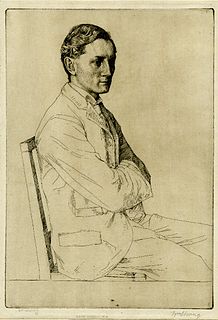
Sir Henry John Newbolt, CH was an English poet, novelist and historian. He also had a very powerful role as a government adviser, particularly on Irish issues and with regard to the study of English in England. He is perhaps best remembered for his poems "Vitaï Lampada" and "Drake's Drum".
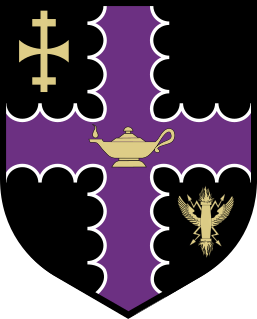
Loughborough University is a public research university in the market town of Loughborough, Leicestershire, in the East Midlands of England. It has been a university since 1966, but the institution dates back to 1909, when the then Loughborough Technical Institute began with a focus on skills and knowledge which would be directly applicable in the wider world. In March 2013, the university announced it had acquired the former broadcast centre at the Queen Elizabeth Olympic Park which opened as a second campus in 2015.
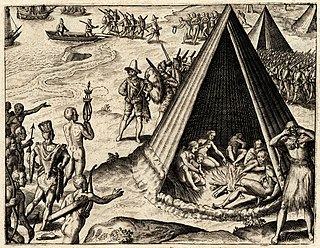
New Albion, also known as Nova Albion, was the name of the continental area north of Mexico claimed by Sir Francis Drake for England when he landed on the North American west coast in 1579. This claim became the justification for English charters across America to the Atlantic coast and soon influenced further national expansion projects on the continent. Today, Drake's landing site is known as Point Reyes, California, a marine environment which is the setting of several small towns, ranches, and Point Reyes National Seashore.

Arthur Bourchier was an English actor and theatre manager. He married and later divorced the actress Violet Vanbrugh.

Herbert Brough Falcon Marshall was an English stage, screen and radio actor who, despite losing a leg during the First World War, starred in many popular and well-regarded Hollywood films in the 1930s and 1940s. After a successful theatrical career in the United Kingdom and North America, he became an in-demand Hollywood leading man, frequently appearing in romantic melodramas and occasional comedies. In his later years, he turned to character acting.
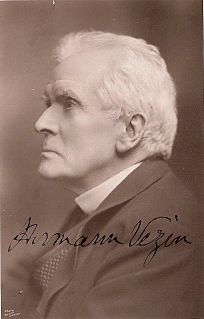
Hermann Vezin was an American actor, teacher of elocution and writer. He was born in Philadelphia, Pennsylvania, and educated at the University of Pennsylvania.
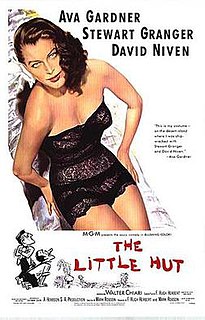
The Little Hut is a 1957 British-American romantic comedy film made by MGM starring Ava Gardner, Stewart Granger and David Niven. It was directed by Mark Robson, produced by Robson and F. Hugh Herbert, from a screenplay by Herbert, adapted by Nancy Mitford from the play La petite hutte by André Roussin.

Henry Stephenson was a British stage and film actor. He portrayed friendly and wise gentlemen in many films of the 1930s and 1940s. Among his roles were Sir Joseph Banks in Mutiny on the Bounty (1935) and Mr. Brownlow in Oliver Twist (1948).

Fabia Drake OBE was a British actress whose professional career spanned almost 73 years during the 20th century.
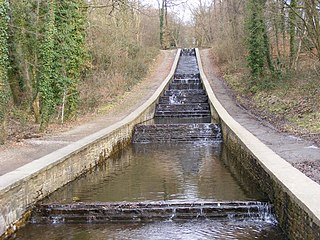
The Gnoll Country Park is a park in Wales. It is an early-18th-century landscaped garden covering over 100 acres (0.40 km2) in the Vale of Neath, in Neath Port Talbot county borough in south Wales.

Sir Alec Guinness, was an English actor. After an early career on the stage, Guinness was featured in several of the Ealing Comedies, including Kind Hearts and Coronets (1949), in which he played nine different characters, The Lavender Hill Mob (1951), for which he received his first Academy Award nomination, and The Ladykillers (1955). He collaborated six times with director David Lean: Herbert Pocket in Great Expectations (1946), Fagin in Oliver Twist (1948), Col. Nicholson in The Bridge on the River Kwai, Prince Faisal in Lawrence of Arabia (1962), General Yevgraf Zhivago in Doctor Zhivago (1965), and Professor Godbole in A Passage to India (1984). In 1970 he played Jacob Marley's ghost in Ronald Neame's Scrooge. He also portrayed Obi-Wan Kenobi in George Lucas's original Star Wars trilogy; for the original 1977 film, he was nominated for Best Supporting Actor at the 50th Academy Awards.
Drake of England is a 1935 British drama film directed by Arthur B. Woods and starring Matheson Lang, Athene Seyler and Jane Baxter. It depicts the life of Francis Drake and the events leading up to the defeat of the Armada in 1588.

Bransby Williams was a British actor, comedian and monologist. He became known as "The Irving of the music halls".

An actor-manager is a leading actor who sets up their own permanent theatrical company and manages the business, sometimes taking over a theatre to perform select plays in which they usually star. It is a method of theatrical production used consistently since the 16th century, particularly common in 19th-century England and the United States.

Money is a comic play by Edward Bulwer-Lytton, premièred at the Theatre Royal, Haymarket on 8 December 1840.
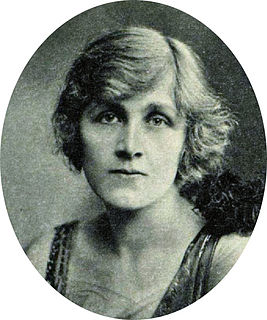
Phyllis Neilson-Terry was an English actress. She was a member of the third generation of the theatrical dynasty the Terry family. After early successes in the classics, including several leading Shakespearean roles, she spent more than four years in the US, in generally lightweight presentations.
Henry VIII is a 1911 British silent historical film directed by Will Barker and starring Arthur Bourchier, Herbert Tree and Violet Vanbrugh. It is based on William Shakespeare and John Fletcher's play Henry VIII. Tree was paid £1,000 for his role as Cardinal Wolsey which was revealed as part of the film's publicity. The writer Louis N. Parker was employed as an advisor regarding historical accuracy.


















